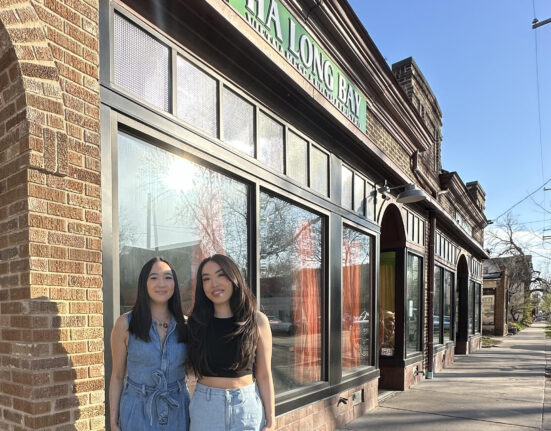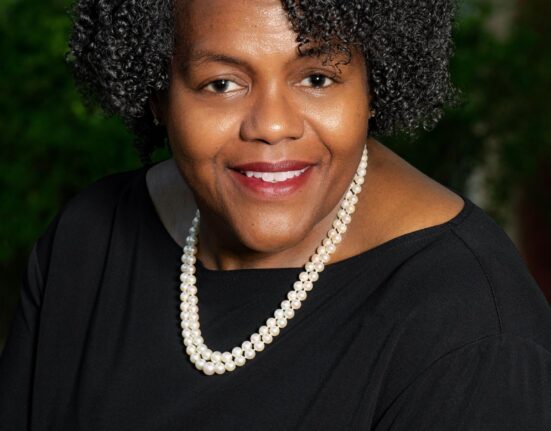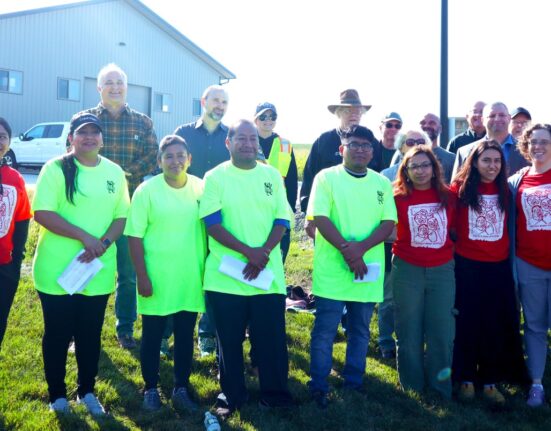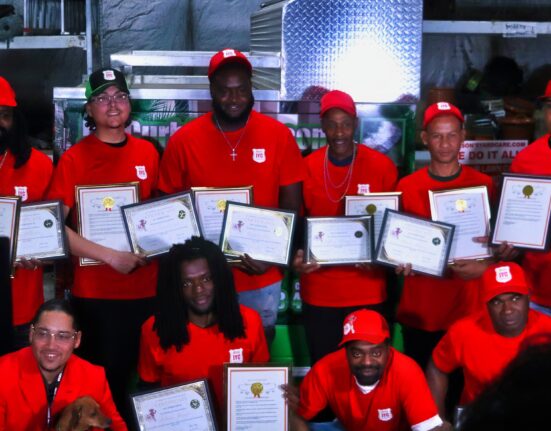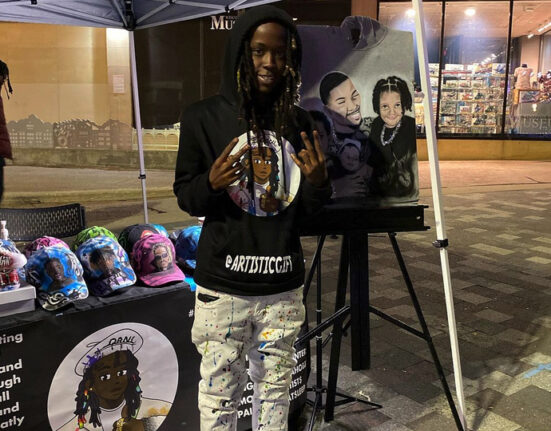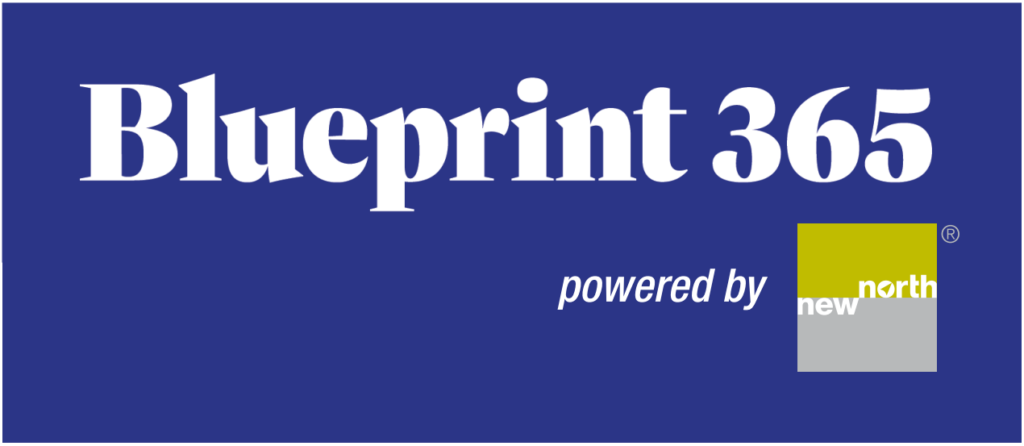
Daniel Webster never thought about a career in construction. Now he’s looking to change the industry.
With an associate degree in hand he was “working dead end jobs, frustrated.” Looking for some stability, he enrolled in Transportation Alliance for New Solutions, a DOT-funded six-week course that helps minorities and women get into the business of horizontal construction – building roadways and parking lots and other similar infrastructure. That program led to a job as a flagger and later as a traffic control technician on the major rebuild of Inte rstate 41 in Green Bay.
“I was out on the road making some pretty good money, and I just never looked back,” he said. “I wanted to continue to build my skill set. Working as a traffic control technician was a very dangerous and physical job. Although it takes a lot of competency to perform in that role, it was not aligning with what I had gone to school for.”
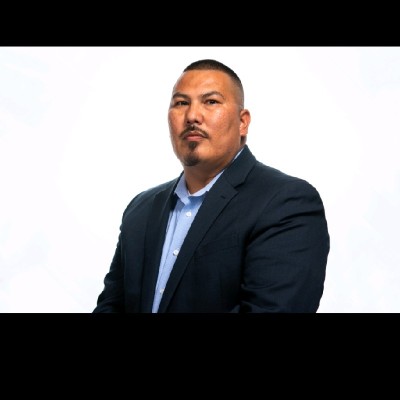
Perhaps sensing that the grind on the road wasn’t going to be the long-term plan, Webster managed to finish his bachelor’s degree in business administration at St. Norbert College while working full time. From there, in 2018, he got a job in human resources at Walbec Group, a conglomerate of horizontal construction companies and related enterprises.
“One of the things that drew me to Walbec Group was they were continuously interacting with my community. And when I say my community, I mean Tribal communities,” said Webster, a member of the Oneida Nation. “You don’t see a lot of contractors doing that.”
Even now working in the office, Webster didn’t slow down his education, earning an MBA from St. Norbert in 2020.
And in January of this year, he became the first-ever Director of Diversity & Inclusion in the company’s nearly 100-year history.
“(Walbec Group has) focused on diversity, equity and inclusion for a number of years,” Webster said. “But when I came in we were able to really double down on our efforts at getting into different communities. We were able to see through a different lens with me being at the table. I’ve been able to focus on this diversity and inclusion since I’ve come through the door and have done a pretty good job at just changing the way that things look throughout our organization and probably throughout the industry as well.”
Webster said his job is made easier by the company’s long-standing commitment to inclusion.
“Walbec was doing some inclusionary work before it was really buzzing the way it is now,” he said. “DEI isn’t new. DEI has been around for a long time, but it’s just been difficult for organizations to sustain some of their efforts.”
Webster said the company is committed to external DEI work – engaging marginalized communities, recruiting from those communities – but that’s not the hard part.
“The difficult work exists in change management and getting people to buy in,” he said. “There’s a business case that supports diversity and inclusion, and then there’s the social justice or moral case. Our organization has proven that they’re on board … Representation and visibility matter. There’s a huge gap that exists within the construction industry overall with representation. We are being intentional in our efforts to close this gap and to create a culture where everyone has the opportunity to thrive … We’re focused a lot on culture here within our organization, and making sure that everybody feels psychologically safe within our organization when they come to work, being who they are.”
One of Webster’s first orders of business will be to live that old adage: what isn’t measured isn’t managed.
“We have data and we are in the process of organizing it and creating metrics,” he said. “That’s one of the things that I have been tasked to do.”
In the meantime, Webster is glad Walbec Group has not only continued but doubled down on its commitment to diversity – something not all organizations have done.
“Maybe it has something to do with the downturn in the economy, but organizations seem to be pulling away from their investment in diversity and inclusion right now,” Webster said. “One of the things that I am proud about is that our focus in this space wasn’t triggered by any crisis, but in an effort to be proactive and to remain an employer of choice here in our region.”

